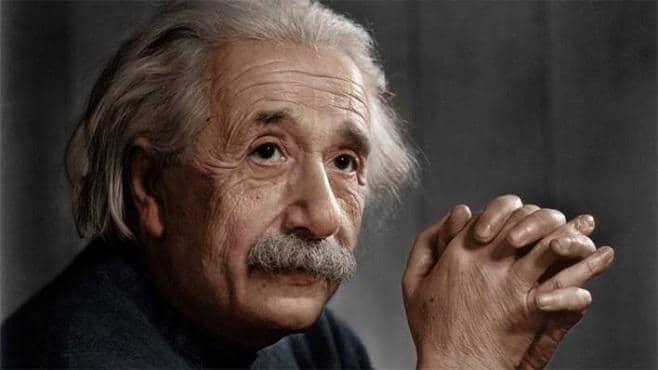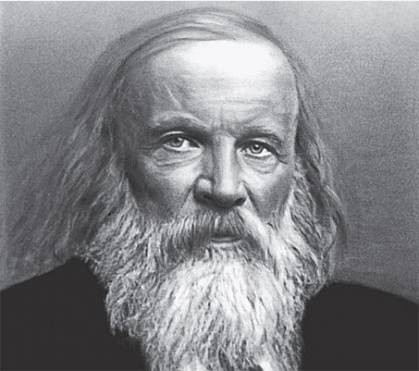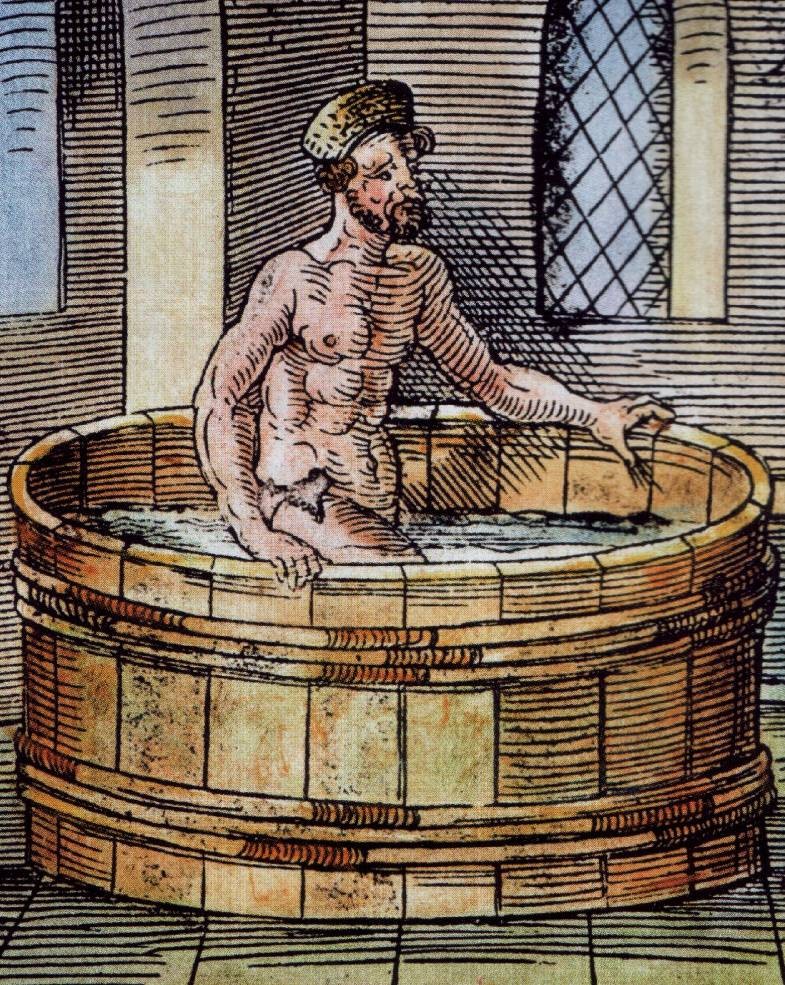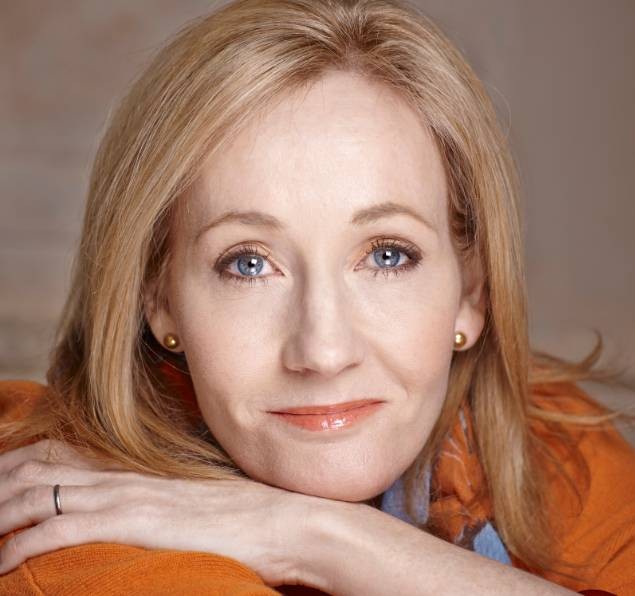
Eureka! Is inspiration closer than you think?
As Barclays research reveals that Britons are most likely to dream up their best business ideas in bed, we look at the places where some of the greatest thinkers and entrepreneurs in history – from Archimedes to Zuckerberg – have been struck by inspiration.
1. In bed (awake)
Research from Barclays Business found that almost a third (32%) of Britain’s budding entrepreneurs are most likely to be struck by inspirational ‘light bulb ideas’ in bed. René Descartes is said to have invented modern mathematics while having a lie in. With a lifelong habit of staying under the duvet until noon, one morning Descartes noticed a fly walking across the ceiling of his bedroom. The Frenchman began to think of how the fly’s path could be charted without actually tracing its movement, and coordinate geometry was born.
2. In bed (asleep)
You don’t even need to be awake in bed to have groundbreaking ideas. Russian chemist Dmitri Mendeleev revolutionised his discipline when the periodic table came to him in a dream. “I saw in a dream a table where all the elements fell into place as required,” he said. “Awakening, I immediately wrote it down on a piece of paper.” This dream was a normal function of what the human brain does during sleep – consolidating the ideas and pieces of information that occupy the mind during waking hours.
For others, the stroke of genius comes in the hinterland between sleeping and waking. Gothic writer Mary Shelley, for instance, hit upon the idea for Frankenstein during a “waking dream” at a villa party in Geneva, after being challenged to pen a ghost story by the poet Byron.

Russian chemist Dmitri Mendeleev revolutionised his discipline when the periodic table came to him in a dream.
3. In the bath
The bedroom isn’t the only venue in which the imagination can awaken. British inventor John Shepherd-Barron, who was behind the world’s first ATM (launched by Barclays in 1967), had his inspiration while taking a bath after a frustrated trip to the bank.
Having arrived at a branch several minutes after it closed, he was convinced there must be a more effective way to access cash. “I hit upon the idea of a chocolate bar dispenser, but replacing chocolate with cash,” he said.
Many centuries before, Greek mathematician Archimedes had his legendary ‘Eureka’ moment while luxuriating in a bathtub. (‘Eureka’ being Greek for “I’ve found it!”).
Contracted by a local tyrant to check whether a crown provided by a nearby goldsmith was made entirely out of gold (the polymath can be seen here as the tyrant’s anti-fraud department), he discovered that a compound gold and silver crown would displace more water than its pure gold counterpart.

Greek mathematician Archimedes had his legendary eureka moment while luxuriating in a bathtub.
4. Outdoors
Almost a fifth of respondents (19%) to the Barclays Business survey said that the most inspiring place to think up a new business concept was “the great outdoors” – and history tells us that exercise is a very useful way to unlock creativity. Albert Einstein is famously reported to have said of his Theory of Relativity: “I thought of it when I was riding my bicycle”, while Darwin, Dickens and Beethoven are among those who found a good walk could be more productive than a day in the office.
Walking as a collaborative business tool is in vogue in the business community, with Steve Jobs considering a long walk to be the “preferred way to have a serious conversation”. Following this revelation in Jobs’ biography, Facebook’s Mark Zuckerberg (and presumably the rest of Silicon Valley) adopted the practice too.

Walking is in vogue in the business community, a practice Facebook’s Mark Zuckerberg has adopted.
5. In the lab (but not always by design)
Many of the modern world’s most important inventions were developed in the lab, but some of them, like penicillin and the pacemaker, came about more by accident than design. Similarly, many of our best-known products – Kellogg’s Corn Flakes, Coca Cola, Kleenex – were discovered by chance or when working on something else. Percy Spencer was working on radar technology in a Raytheon laboratory during World War II when, while standing near the waves, he noticed that a chocolate bar had melted in his pocket.
A bit of experimenting and fiddling around later and the microwave oven was born. The microwave Raytheon developed – incredibly expensive and the size of a fridge – was one of the company’s biggest commercial failures before evolving into the ubiquitous kitchen fixture we know today.
6. At the café
A good cup of coffee (preferably from an artisan roaster) is often cited as essential fuel for creative thinkers. Since apparently renouncing desks in 2005, Tipping Point author and New Yorker journalist Malcolm Gladwell tends do all his writing while ‘rotating’ around the coffee shops of New York City.
It also helps if your favourite coffee shop boasts an inspirational view. The Elephant House, a cosy cafe overlooking Edinburgh Castle, is famously where JK Rowling sat and wrote some of the early Harry Potter tales – conjuring the enthralling world of Hogwarts on her way to becoming one of the most successful writers of all time.
You never know when that Eureka! moment will strike. Nearly 11 million Brits say they’ve had the idea for the next big thing but haven’t pursued it. Find out more about how Eagle Labs can help you make the most of your big ideas.

The Elephant House, a cafe in Edinburgh, is where JK Rowling sat and wrote some of the early Harry Potter tales.